-
chevron_right
Man Jailed For Pirate IPTV Used By “Hundreds of Thousands” Had 2,000 Users
news.movim.eu / TorrentFreak • 20 January • 3 minutes
 Official figures on exactly how many people have been arrested, prosecuted and sentenced for piracy-linked offenses, are not easily obtained in the UK.
Official figures on exactly how many people have been arrested, prosecuted and sentenced for piracy-linked offenses, are not easily obtained in the UK.
Indeed, disclosure in response to FOIA requests seems to become more difficult when petty offending results in no arrests, or when suspects are later released without charge.
When it comes to those who sell or resell subscriptions or operate illegal IPTV services, the last couple of years have seen a fairly dramatic uptick in successful prosecutions and convictions. At this point even the term ‘major crackdown’ is justified.
No country in Europe spends the same kind of money as the UK, either through allocation of police resources, or the refunding of millions in expenses mostly incurred by Sky and the Premier League, during numerous private prosecutions.
Man Sentenced for ‘Sophisticated’ Pirate IPTV Operation
At Birmingham Crown Court last week, Gary McNally, 55, was sentenced to two years and nine months for running a ‘sophisticated’ pirate IPTV service from his home in Acocks Green, Birmingham. The platform, identified as Each Online by the Federation Against Copyright Theft, was uncovered during an investigation by broadcaster Sky.
The platform operated between November 2017 and June 2020, capturing Sky’s attention due to McNally’s use of legitimate NOW TV accounts to obtain content straight from the source, rather than relying on a third party illicit supplier. That makes the prosecution quite rare by UK standards but also exposes people like McNally to new content-based risks, and an increased risk of being exposed elsewhere.
For example, high capacity broadband connectivity to a residential dwelling, at a cost of £400+ each month, would’ve been fairly difficult to account for. It would not, however, be too difficult to consume. Streaming Sky Sports, Sky Movies, and many other channels 24/7 may not be massively unusual as far as downloading goes, but there’s no credible explanation for upstream traffic at those levels, even with upstream servers elsewhere.
McNally Pleads Guilty to Two Counts of Fraud
McNally appeared at Birmingham Crown Court in March 2024, pleading guilty two counts of making articles for use in fraud, contrary to Section 7(1)(b) of the Fraud Act 2006.
A person is guilty of an offense if he makes, adapts, supplies or offers to supply any article—
(a) knowing that it is designed or adapted for use in the course of or in connection with fraud, or
(b) intending it to be used to commit, or assist in the commission of, fraud
McNally was sentenced to two years and nine months in prison on each count, with the sentences to be served concurrently. Matt Hibbert, Group Director of Anti-Piracy at Sky, thanked the police for their work and promised to continue the fight against piracy.
“We are grateful to the West Midlands Police for acting so robustly to take down a highly sophisticated illegal streaming operation,” Hibbert said. “We will continue to work with law enforcement to protect our content and help keep consumers safe from criminal piracy networks.”
A statement from West Midlands Police followed along similar lines. “We will work with partners wherever possible to disrupt criminal activity, and we hope this case sends a warning message to anyone involved in this kind of criminal enterprise.”
Initial Estimates a Little High
An interesting final note from Sky seemed to suggest perhaps a slim chance of further action.
Two other individuals were arrested alongside McNally. One person has since been released with no further action. A second person has been released pending further investigation.
When McNally was raided in 2021, two other people – a 35-year-old man and a 40-year-old woman – were detained on suspicion of copyright infringement, fraud, and conspiracy to commit fraud.
According to a BBC report at the time, West Midlands Police and FACT “spent months planning raids at two addresses in Birmingham.” The reason for such a major commitment is described by the BBC as follows:
Three people have been arrested after raids to dismantle what authorities called a major illegal streaming network.
Hundreds of thousands of people are thought to have used the service.
FACT said the streaming platform was believed to have provided more than 100 pirate TV services, allowing illegal access to premium content.
The Court heard that the number of subscribers was a bit lower than that, as FACT reveals.
“During a single world championship boxing match broadcast by Sky in February 2018, McNally claimed to have, over 2,000 subscribers to his illegal service.”
From: TF , for the latest news on copyright battles, piracy and more.

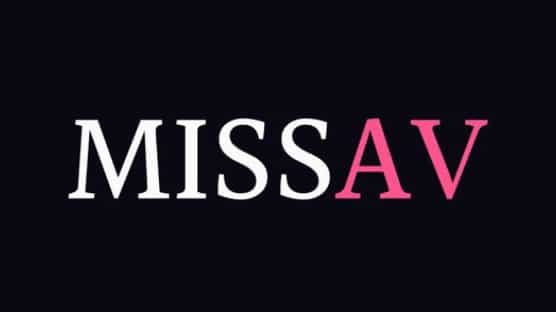 With billions of annual visits, MissAV ranked among the top 60 most-visited websites on the internet.
With billions of annual visits, MissAV ranked among the top 60 most-visited websites on the internet.
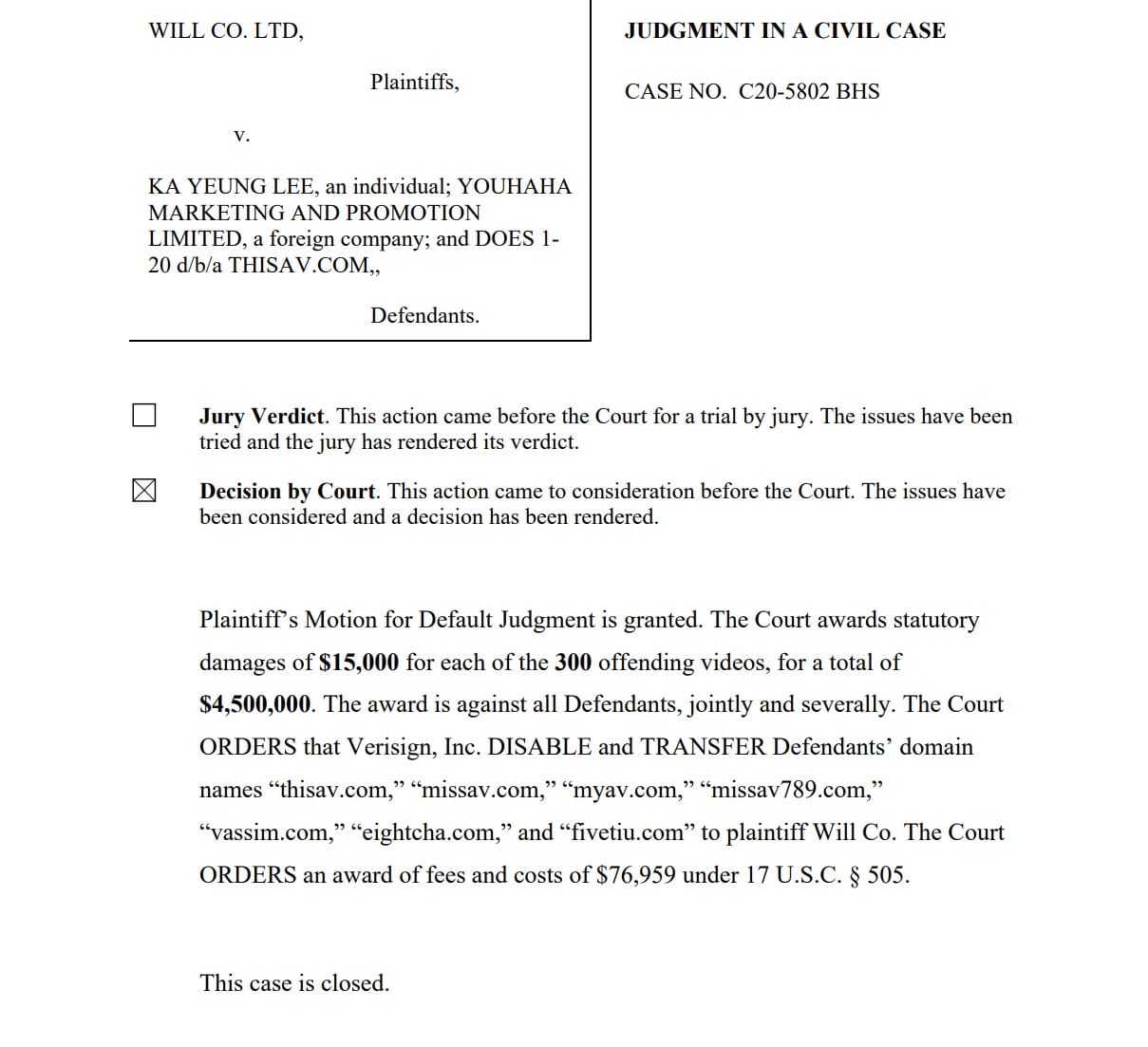
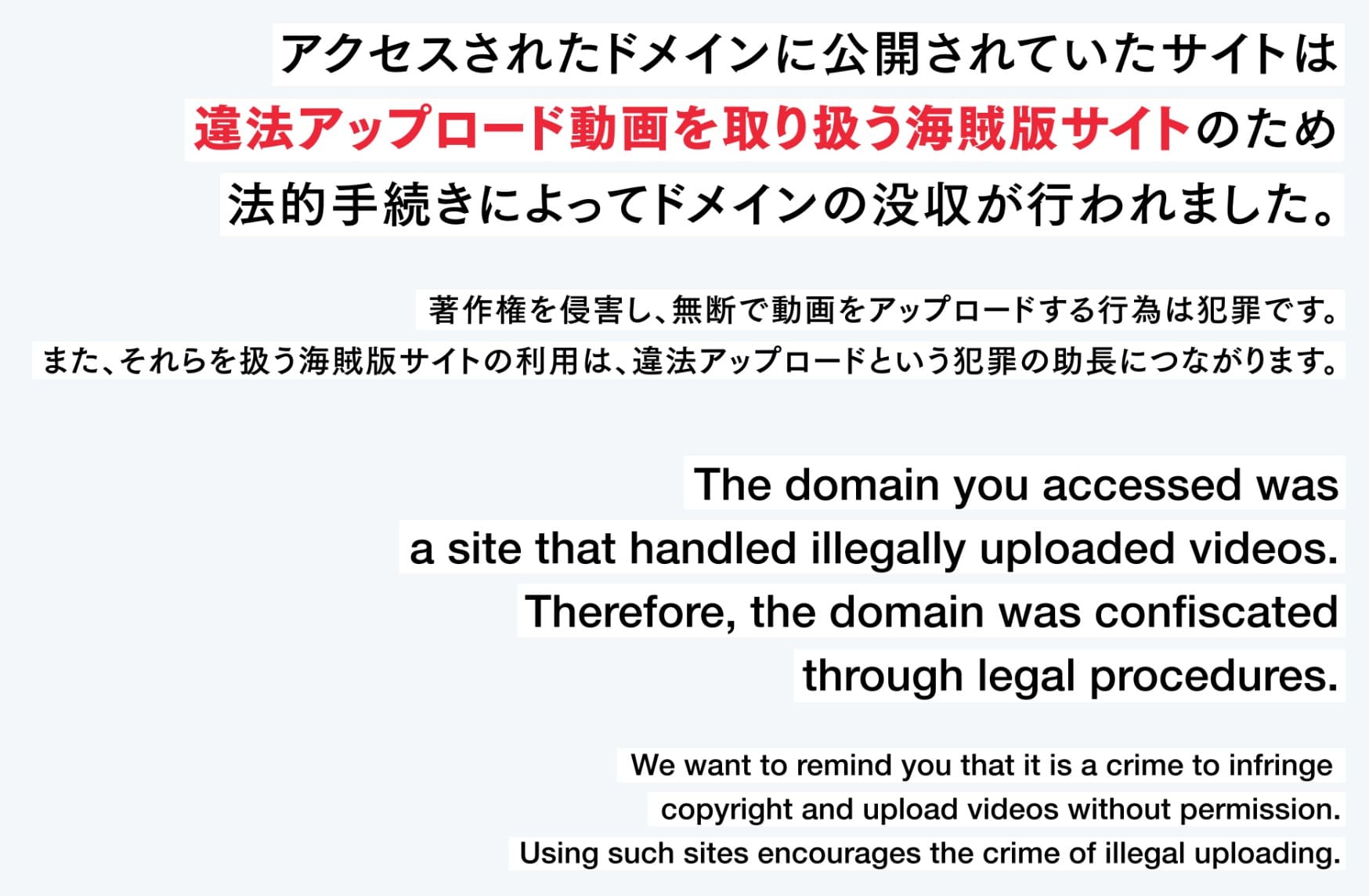
 With 40 million players worldwide and over a
With 40 million players worldwide and over a


 Manga and anime have become increasingly popular in recent years. These formats originate in Japan but are now in demand worldwide.
Manga and anime have become increasingly popular in recent years. These formats originate in Japan but are now in demand worldwide.




 The ease with which IP addresses and BitTorrent downloads can be tracked has created a fertile ground for copyright lawsuits.
The ease with which IP addresses and BitTorrent downloads can be tracked has created a fertile ground for copyright lawsuits.



 After labeling DoodStream the world’s largest illegal video hosting site, the major Hollywood studios, Netflix, Amazon, and Apple,
After labeling DoodStream the world’s largest illegal video hosting site, the major Hollywood studios, Netflix, Amazon, and Apple,
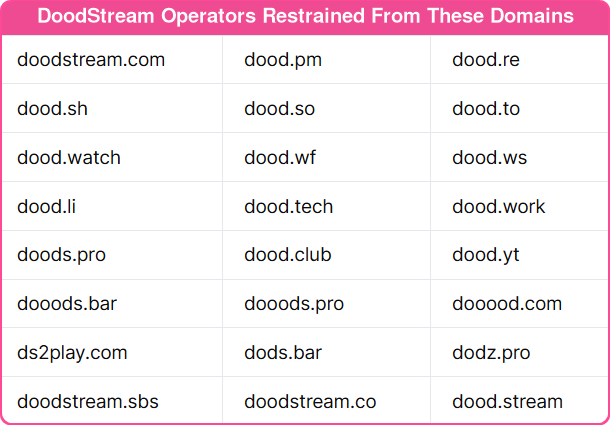

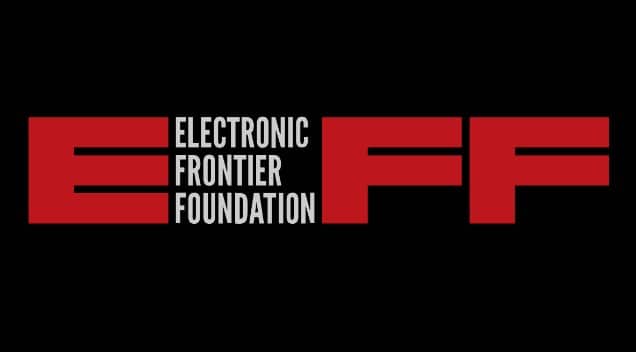 In the early 2000s, the music industry took a stand against online piracy by going after tens of thousands of alleged pirates through U.S. courts.
In the early 2000s, the music industry took a stand against online piracy by going after tens of thousands of alleged pirates through U.S. courts.
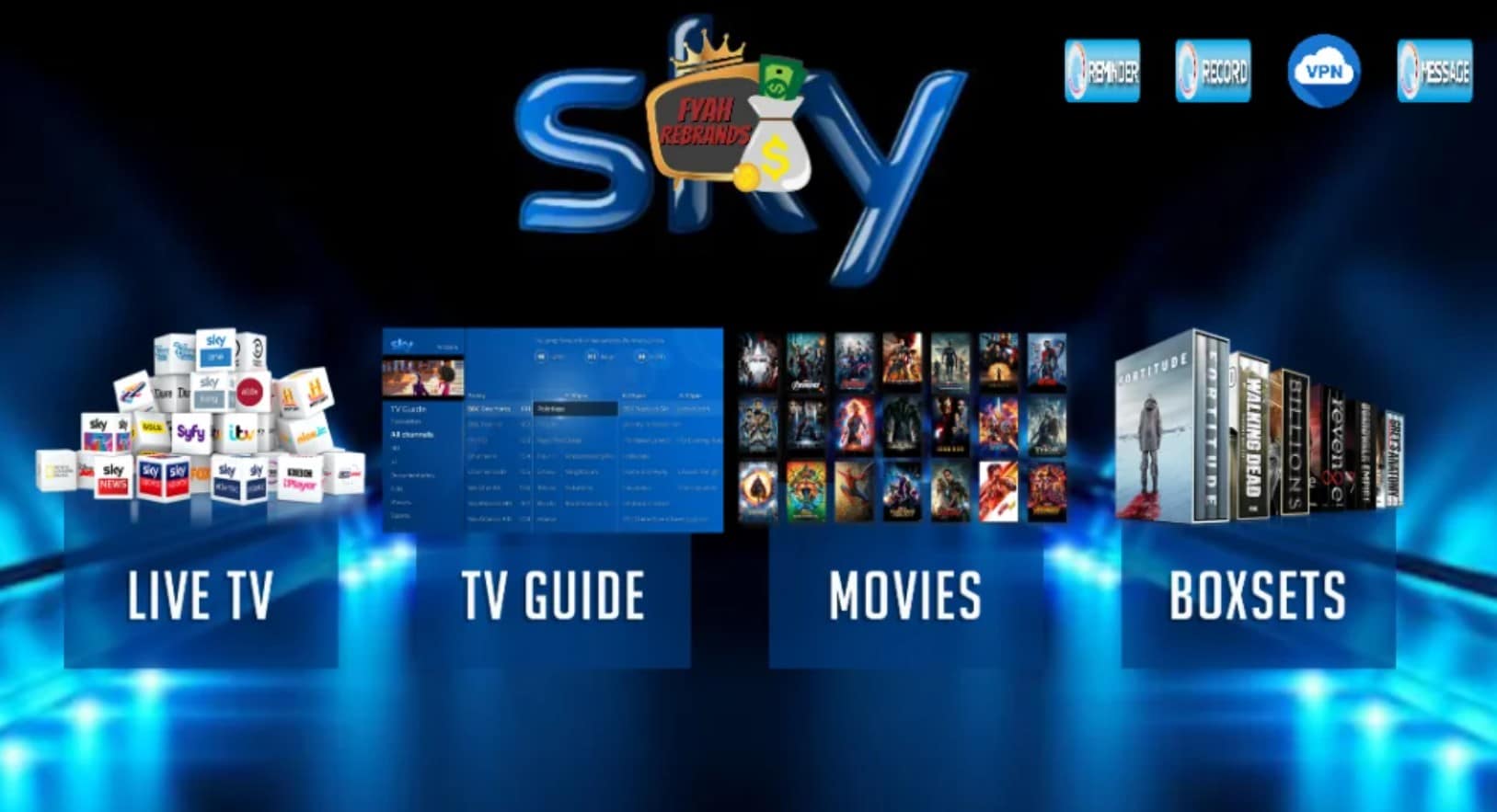 Offering pirate streaming services is a serious offense in the UK, where several people have received multi-year prison sentences.
Offering pirate streaming services is a serious offense in the UK, where several people have received multi-year prison sentences.

 Japanese manga comics have always been popular on pirate sites, whereas other categories have seen their growth stall. In contrast, manga piracy continues to grow.
Japanese manga comics have always been popular on pirate sites, whereas other categories have seen their growth stall. In contrast, manga piracy continues to grow.


